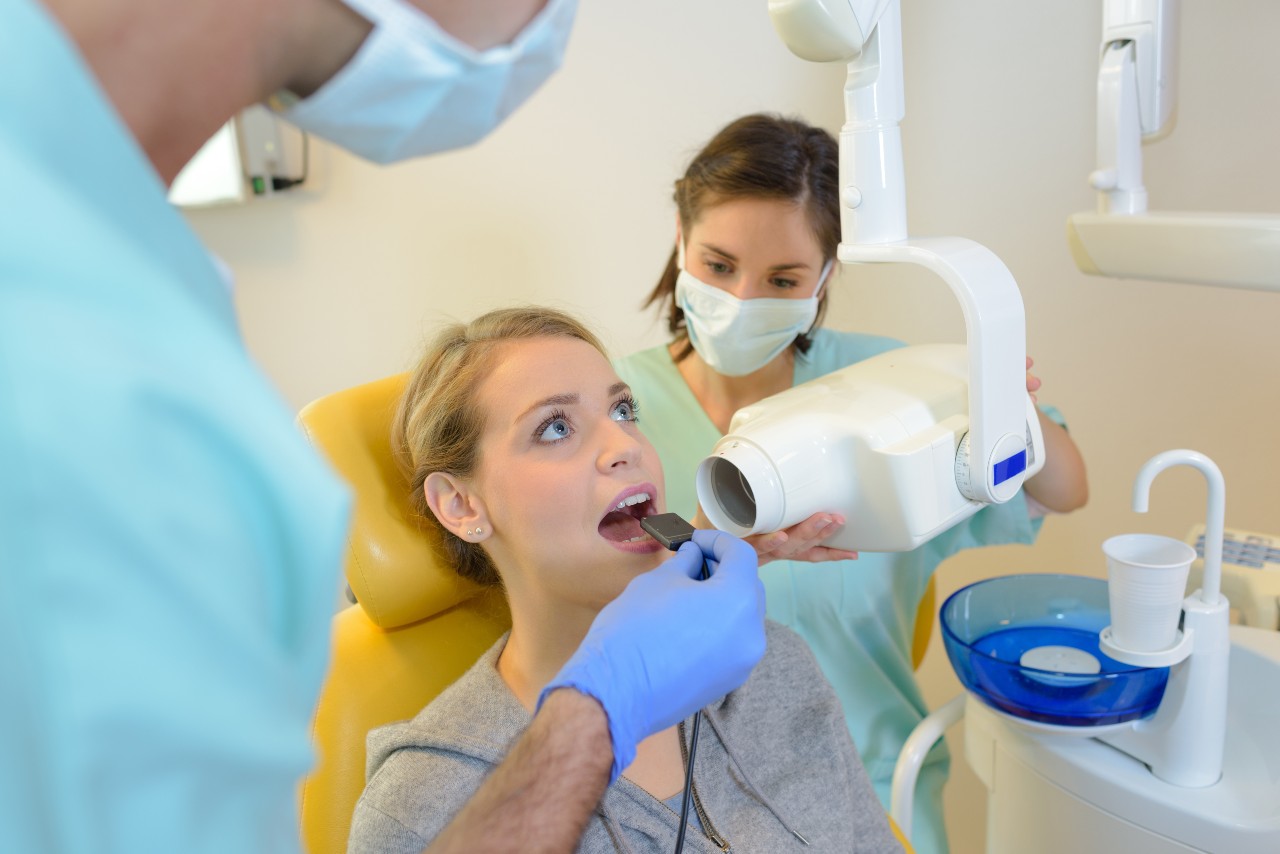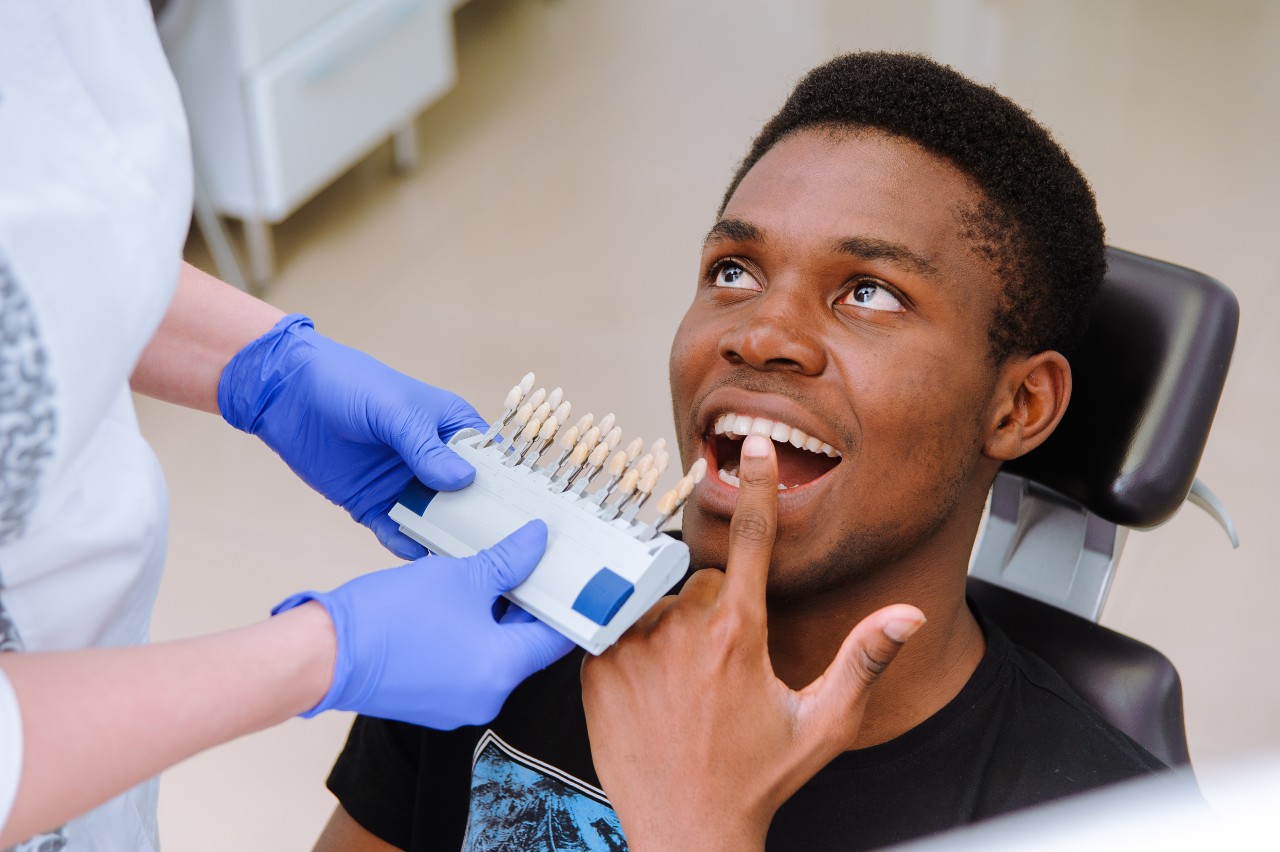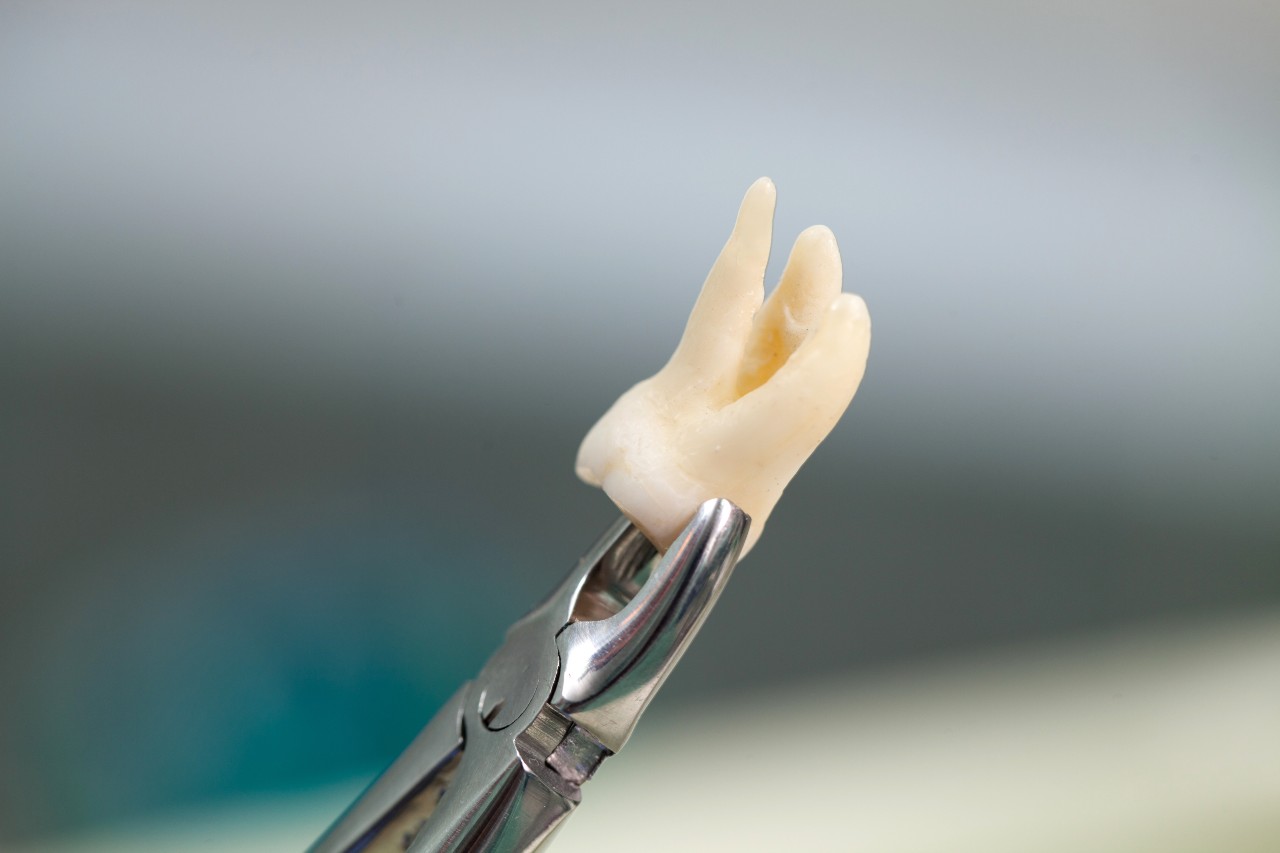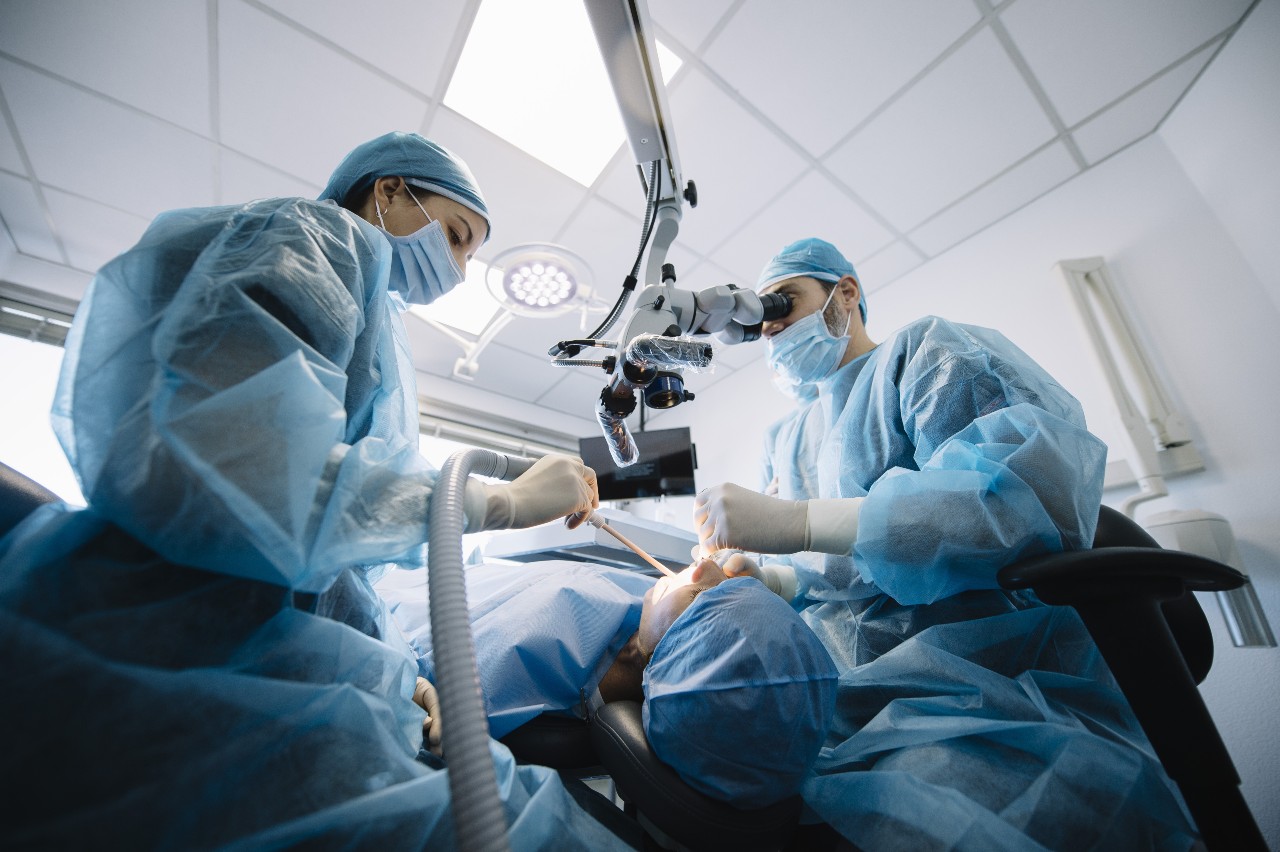Professional whitening is effective at removing years of stains and discoloration from the teeth. Whether you’re looking to boost your confidence or are going to be attending a wedding, reunion or another big event, a bright and white smile is sure to improve your appearance. Expert whitening is performed in our office or provided to you using a professional-grade take-home kit. Whitening results can last for months to one or more years, and maintaining your results is key to ensuring that you’ll always have a gorgeous smile.
Why Should I Whiten My Teeth?
There are many factors that come into play when it comes to the whiteness and brightness of your smile. If you’re a smoker, drink a lot of coffee, tea or cola or you’re taking certain medications, you’ll notice that your teeth aren’t as white as they used to be. Likewise, just the act of aging can have a serious impact on the way that your smile looks. By professionally whitening your teeth, you can expect dramatic results that help to increase your self-esteem and confidence.
How Often Should Teeth Whitening Be Done?
It is best to avoid whitening your teeth too often. Over-whitening your teeth can lead to issues with hypersensitivity or even cause the teeth to look translucent. It is often recommended that you only whiten your teeth, whether at home or professionally, once a year. This prevents issues involving sensitivity and helps in creating a natural-looking smile. The benefit of utilizing professional whitening is that results typically last for about one year. This simply means that you won’t feel the need to touch-up or go with another whitening system because of how drastic the change is when using a professional whitening option.
How Can I Maintain My Results?
The best way to prevent the need for touch-ups is to avoid future staining and discoloration of the teeth. If you’re a smoker, now is the best time to quit and a great way to extend the length of your results. Try to avoid drinking too many dark liquids, like coffee and cola, and opt for water instead. You may want to consider using a whitening toothpaste so help clear away stains and discoloration before they are able to get worse. Be sure to speak with the experts about whitening and always discuss when the last time you whitened your teeth actually was before retreatment.
Our staff is available to answer any questions you may have, and we welcome all new patients to our dental clinic.










